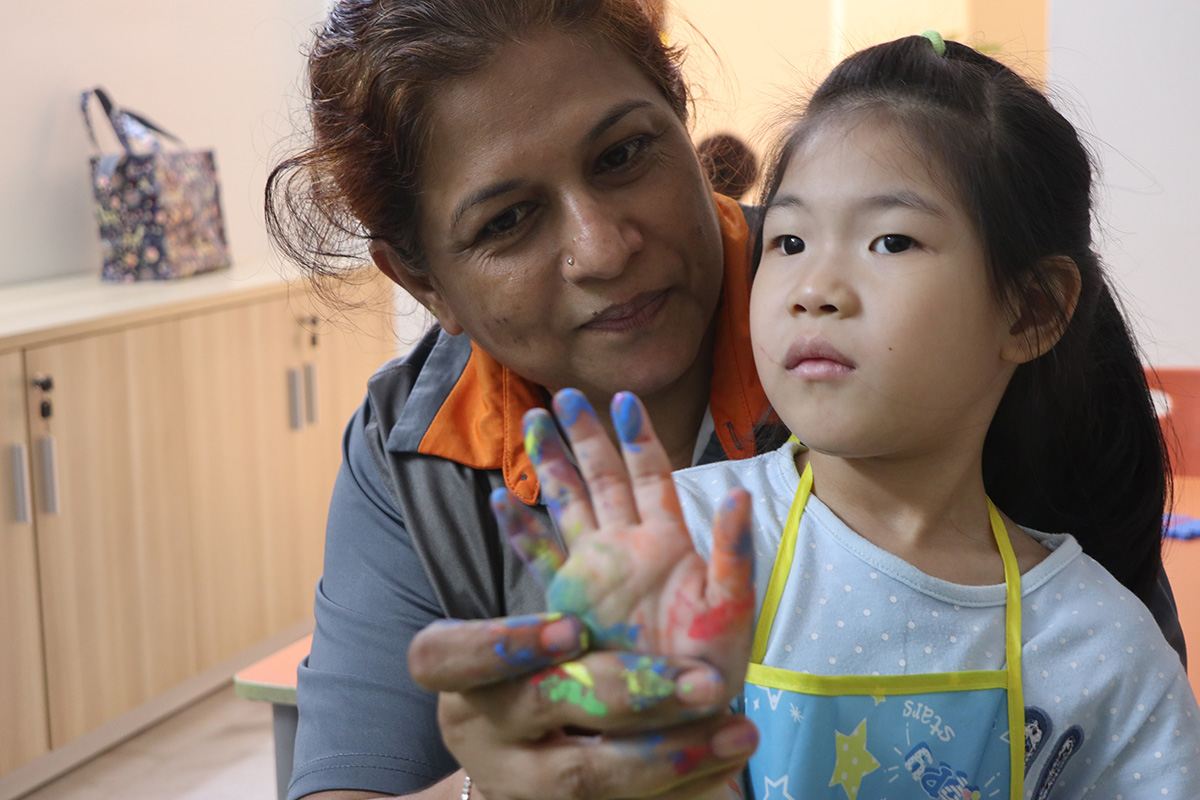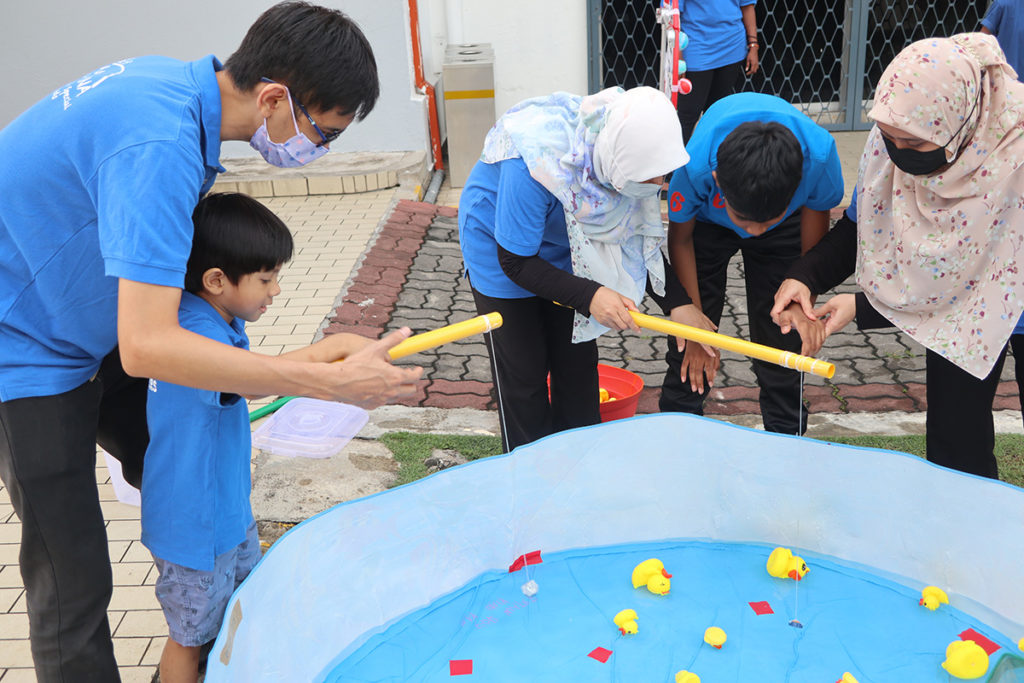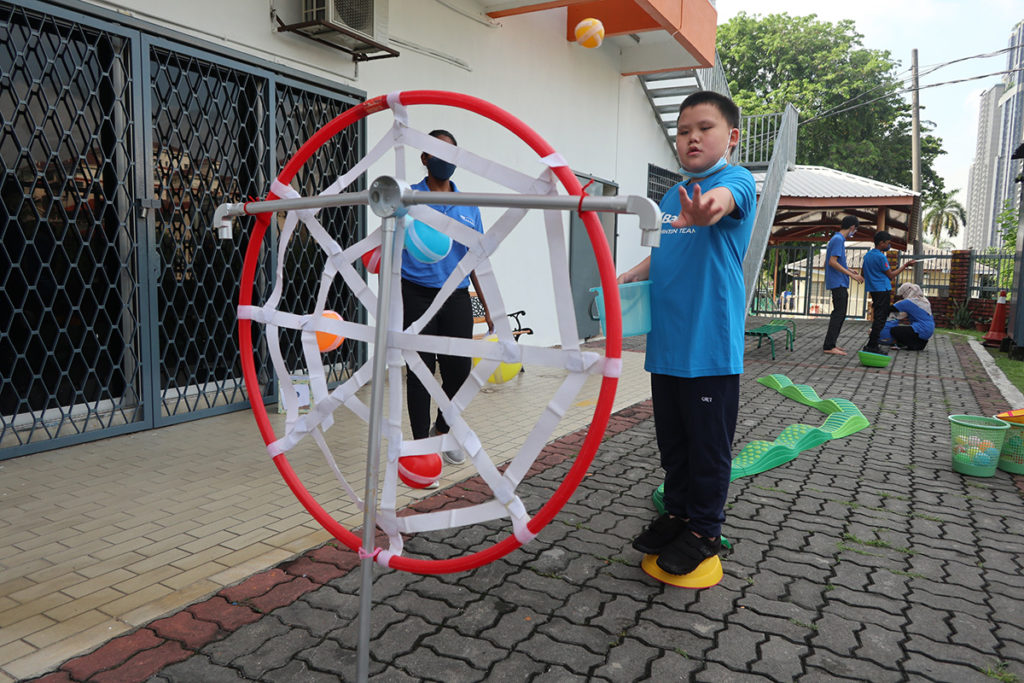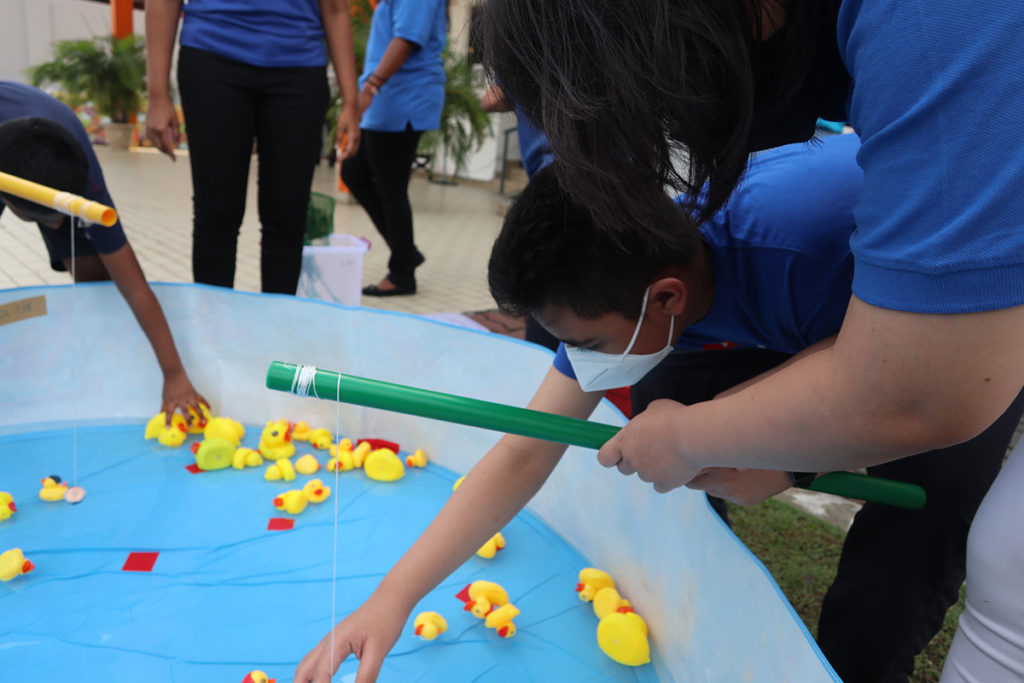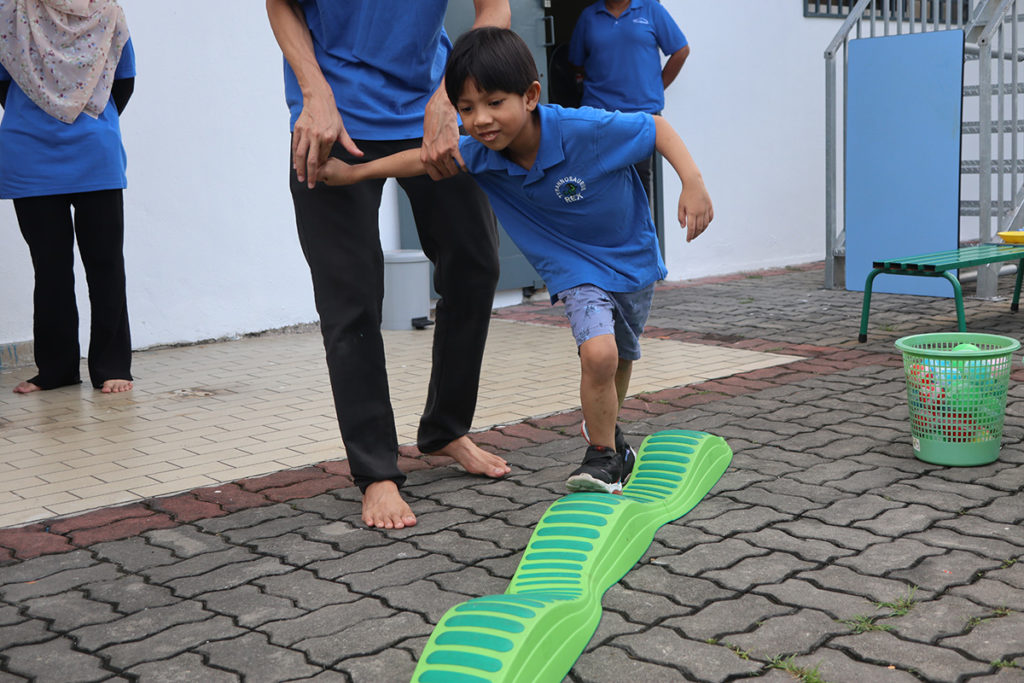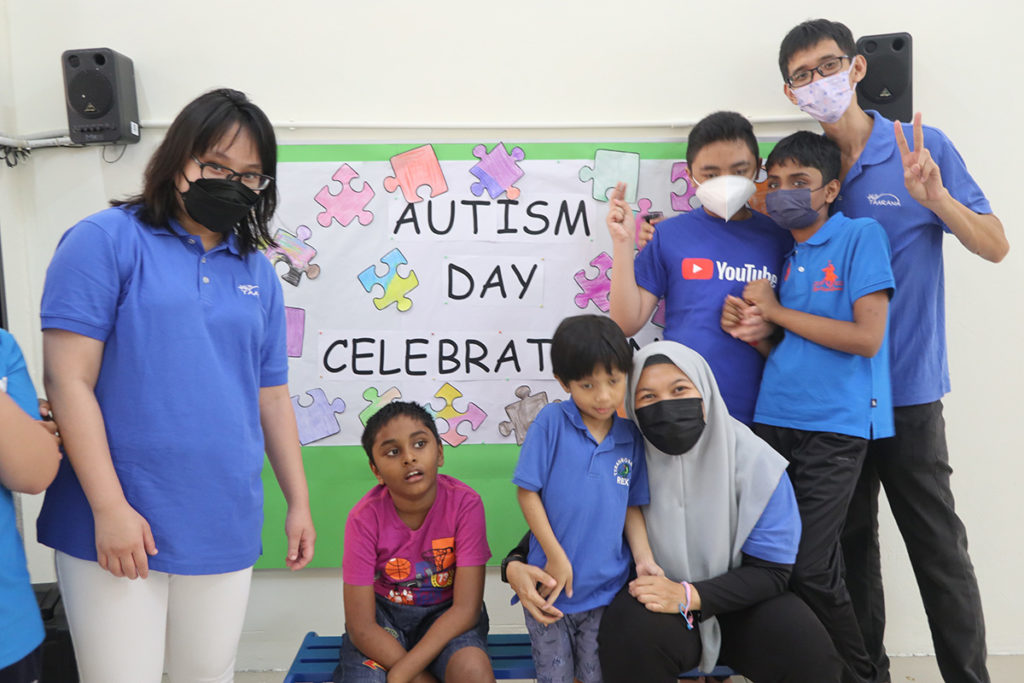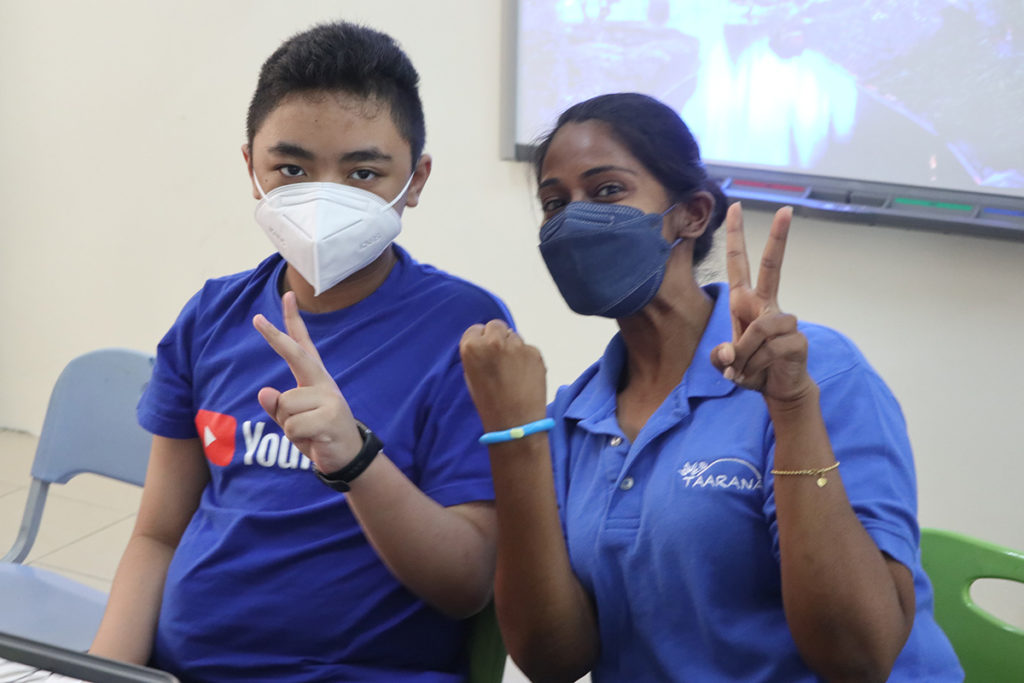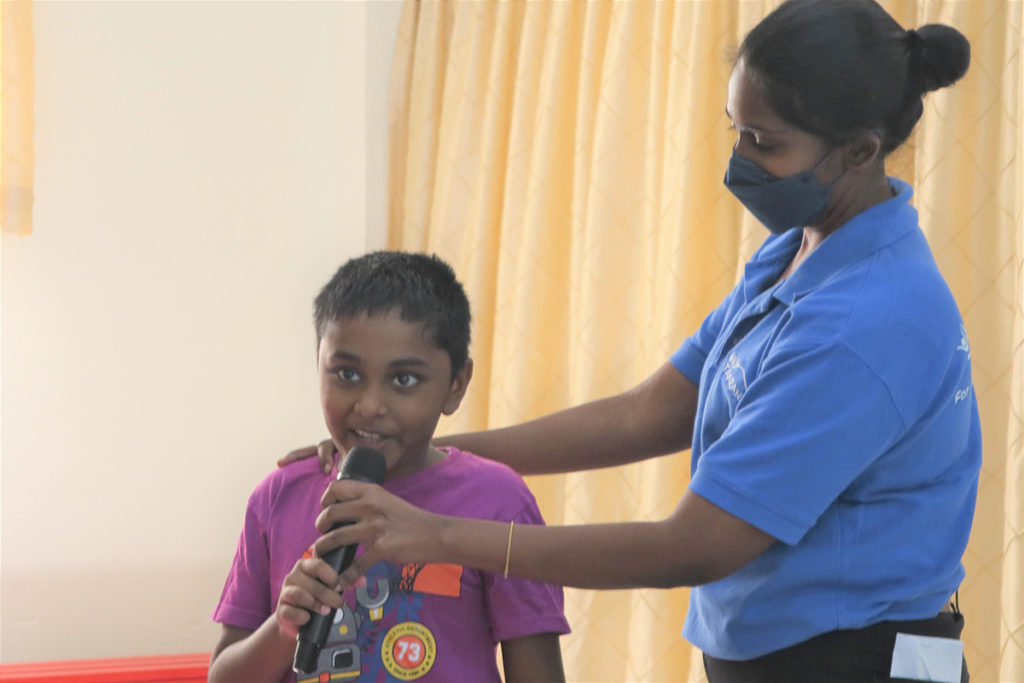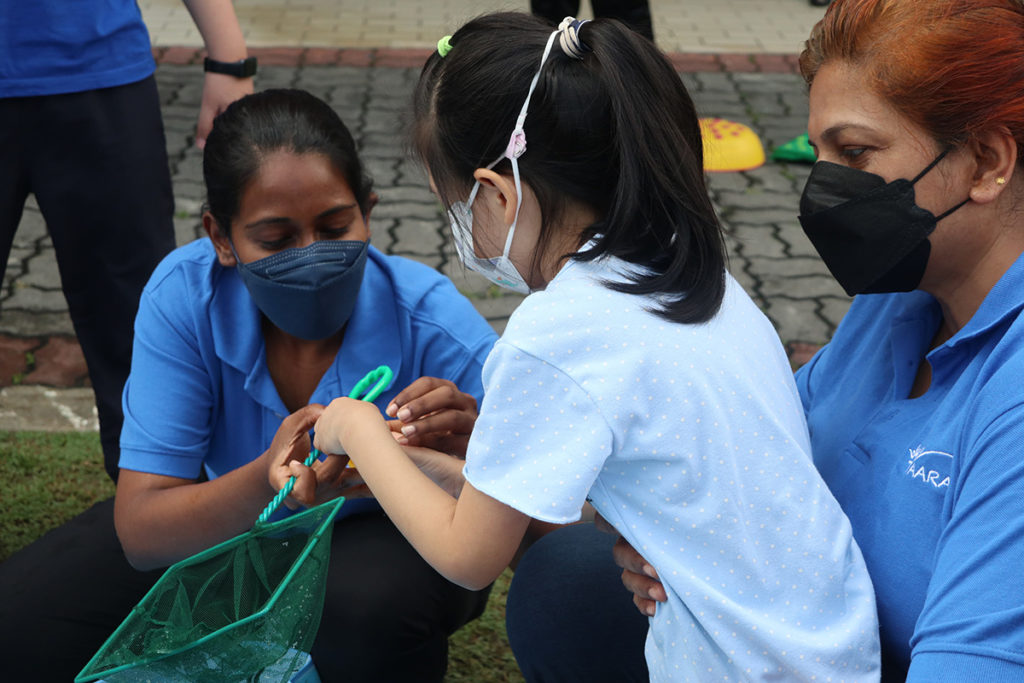Taarana’s Kids Treated to a Fun-Filled Autism Awareness Day Celebration
The importance of play in any special needs child’s life cannot be understated. It helps develop motor and cognitive skills and enables one to socialise.
Taarana School celebrated Autism Awareness Day with a day of activities for its learners to promote a sense of inclusion.
Organised to commemorate World Autism Awareness Month in April, the celebration rang in with performances, fun outdoor games, and an arts and crafts session by and for the students. The teaching staff and kids dressed in blue, signifying support for autism knowledge, understanding, and acceptance.
The day started with two performances by the school’s young stars: ‘The Stomp Clap Dance’ and a rendition of the ever-popular ‘Twinkle Twinkle Little Star.’
Later, the participants moved outdoors to participate in several games, among them ‘The Obstacle Game’, ‘Rubber Duck Fishing’, and ‘Transferring Cup.’
The day’s final activity involved the children exploring their creative side with clay shaping and painting with sponge stamps.
Taarana’s Principal, Dr Sunitha Sivakumaran, said the activities designed by the teachers ensured a fun day for the children besides helping them gain essential learning and development skills.
“The importance of play in any special needs child’s life cannot be understated. It helps develop motor and cognitive skills and enables one to socialise,” Sunitha said.
“Play for those with Autism Spectrum Disorder (ASD) can prove more challenging. Therefore, the activities and games by our teachers take into account interaction and expression.”
ASD is a neurological and developmental disorder that affects how individuals interact with others, communicate, learn, and behave.
Commemorative dates like World Autism Awareness Month shine a light on the condition to develop knowledge of autism and stress the importance of early diagnosis and intervention and awareness, acceptance and inclusion of the disorder.
Taarana School provides programmes with social and emotional support for children with, among others, Autism Spectrum Disorders (ASD), Down syndrome, Attention Deficit Disorder (ADD), Attention Deficit Hyperactivity Disorder (ADHD), Developmental Co-ordination Disorder (DCD) or Dyspraxia, and Global Development Delay.
One such programme is the Relationship Development Intervention (RDI) module. RDI is a family-based behavioural treatment that addresses the core symptoms of autism. It focuses on building social and emotional skills and trains parents as primary therapists.

